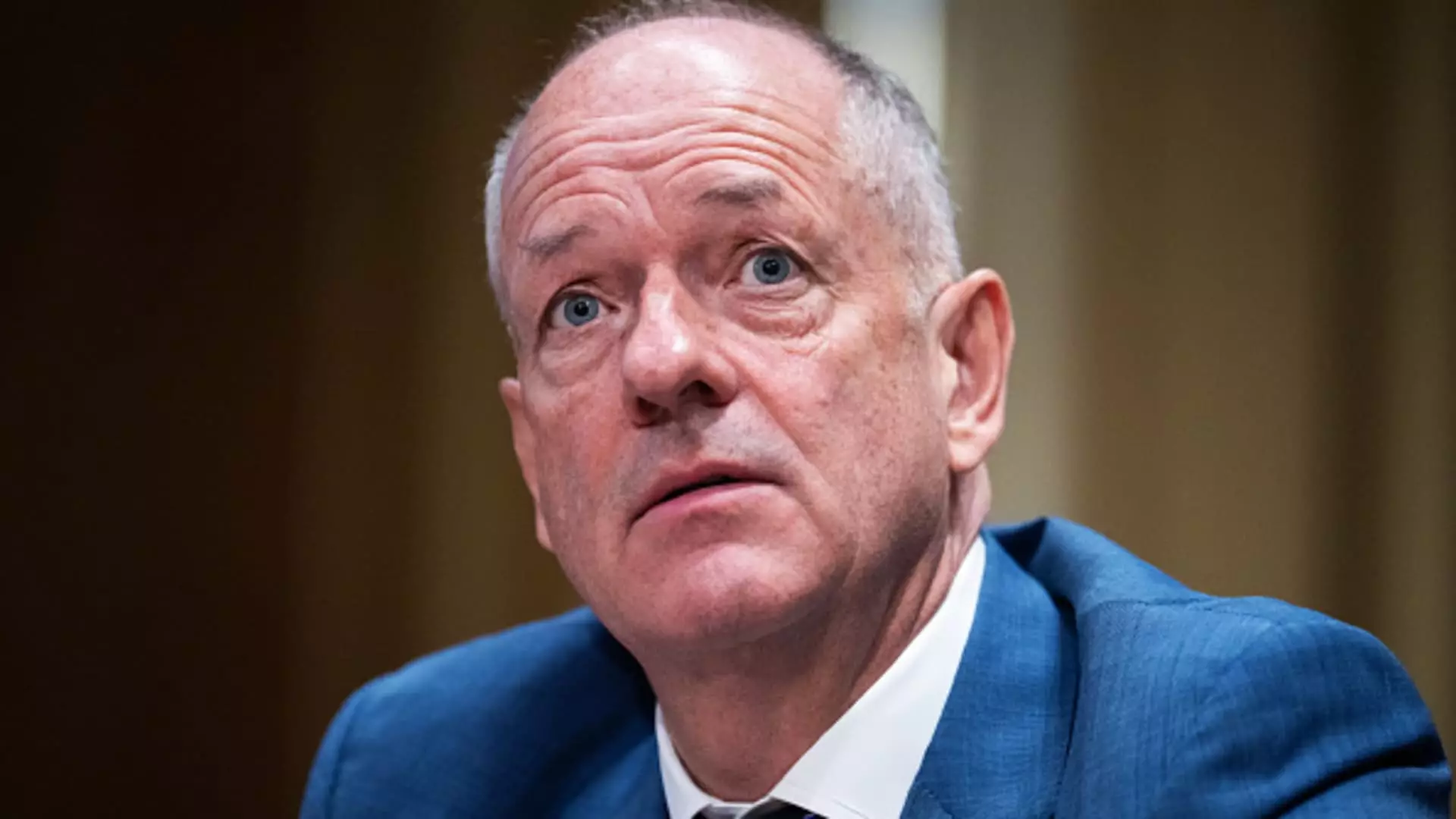The recent tragic death of Brian Thompson, the former CEO of UnitedHealthcare, has cast a profound shadow over the already tumultuous landscape of U.S. healthcare. Andrew Witty, the current CEO of UnitedHealth Group, took to The New York Times to express not only his sorrow but also to catalyze a much-needed discussion on the systemic flaws that characterize American healthcare. Witty emphasized the discontent and frustration rampant among patients navigating a convoluted system, recognizing that the current approach is a “patchwork” of historical decisions rather than a cohesive plan designed for optimal patient care.
As Witty aptly stated, no one would intentionally design the current healthcare framework if starting from scratch; it serves as a testament to decades of incremental changes that have left vast gaps in service delivery and patient experience. This resonates deeply with the public sentiment that has grown increasingly critical of an insurance system perceived as opaque and indifferent. Individuals face challenges like denied claims and surging premiums, leading to an escalating tide of dissatisfaction. The tragic manner of Thompson’s death, reportedly linked to criticisms of the healthcare sector, has ignited further animosity toward insurance providers, often blamed for escalating costs and access barriers.
In the wake of such tragedies, Witty’s call for collaborative reform is both timely and necessary. He advocates for a partner-oriented approach involving healthcare providers, employers, and even governments to create more transparent and efficient delivery of care. This multilayered collaboration is a step toward dismantling the barriers that prevent patients from accessing the care they need. It emphasizes the importance of education regarding what insurance plans cover, which remains foggy for many consumers. Improving this understanding not only empowers patients but also restores a degree of trust in the system.
Witty further urged a critical evaluation of claims decisions based on clinical evidence, indicating that many insurance companies possess a wealth of relevant information intended to promote effective patient outcomes and safety. However, this data often remains hidden from the very individuals who would most benefit from it. By fostering a culture of transparency and accountability among insurers, stakeholders can work to repair the fabric of the healthcare environment. Such changes could bridge the trust gap that has widened over the years and address the long-standing grievances voiced by patients.
The death of an influential figure like Brian Thompson serves as a powerful catalyst for reflection on the failings of the healthcare system. Witty’s acknowledgment of the need for reform opens the door for ongoing dialogue among all stakeholders. While the insurance sector faces significant challenges, including intense public scrutiny and profit pressures, the overarching priority must remain clear: enhancing patient experiences and outcomes. Understanding and addressing systemic flaws, coupled with a commitment to transparency and collaboration, can lead to a constructive transformation of the healthcare landscape, ultimately making it a more humane and effective system for everyone involved.

